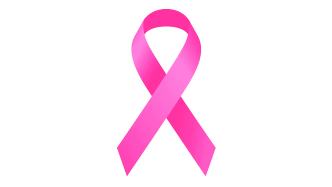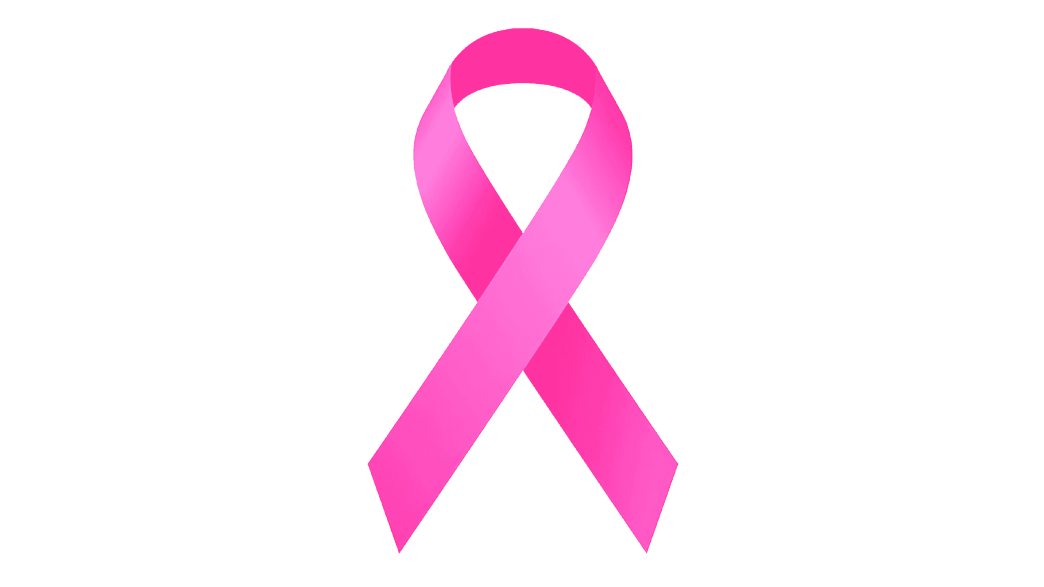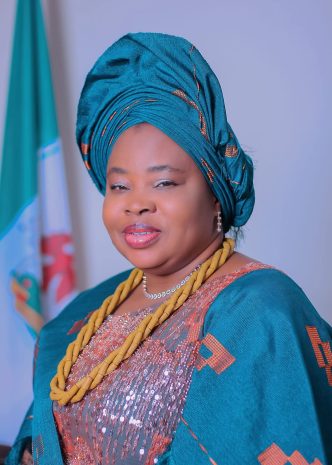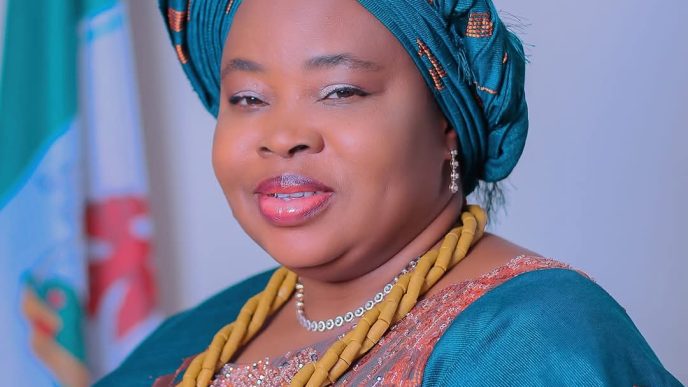By Princess Funsho Sumanu
Why go pink in October? You may want to ask. PINK is more than just a color. It’s a beacon of hope, strength, and community for those affected by breast cancer. Wearing pink in October simply means showing your support, promoting awareness, and empowering a brighter future.
Pink also symbolizes compassion, and support for those affected by breast cancer.
In Nigeria, cancer leads to over 72,000 deaths per annum (30924 for males and 40 647 for females). This number is set to increase given that there are 102,000 new cases of cancer every year. The estimated incidence of breast cancer is (27%), cervix uteri (14%), liver (12%), prostate (12%) and colorectum (4.1%). The estimated mortality for breast cancer is (20%), liver (16%), prostate (13%), cervix uteri (12%), and colorectum (4.4%). Breast cancer is now the leading cancer death in Nigeria,
Each year, countless women and men are diagnosed with breast cancer, a journey that comes with both physical and emotional challenges. Usually, this month, we pay tribute to the brave individuals who have fought valiantly against breast cancer. These survivors exemplify courage and hope, inspiring those currently navigating their battles. Their stories remind us of the importance of support systems, whether from family, friends, or community organizations.
October is a significant month in the fight against breast cancer, as we come together to raise awareness about this disease that affects millions of lives worldwide. The month of October is a powerful reminder of the strength and resilience of the survivors, the fighters still battling this deadly disease, and the communities that support them.
We must also recognize and honor those still in the fight. This month, I stand with every person grappling with breast cancer, reminding them that they are not alone. The government, through Advocacy groups and healthcare professionals, is dedicated to providing resources and support, ensuring that no one has to face this journey in isolation.
This article aims to educate us on The Importance of Early Detection
Education plays a critical role in combating breast cancer. One of the most effective weapons against this disease is early detection. When breast cancer is found early, the chances of successful treatment and survival significantly increase. Here are some essential steps for women to prioritise:
1. Know Your Risk: It is vital to understand your family history and any genetic predispositions. Women with a family history of breast cancer should discuss personalised screening plans with their healthcare providers.
2. Regular Screenings: The American Cancer Society recommends that women begin annual mammograms at age 40, or earlier if they have risk factors. Regular screenings often catch cancer before symptoms arise, improving treatment outcomes.
3. Self-Exams: Becoming familiar with your breasts can help you notice any changes or abnormalities. Conducting monthly self-exams can empower women to take charge of their health and report any concerns to their doctor.
4. Know the Symptoms: Educating oneself on the signs of breast cancer is crucial. Look out for lumps, changes in breast size or shape, skin dimpling, or unusual discharge. Reporting these symptoms promptly can lead to earlier diagnoses.
5. Stay Informed Awareness is key. Participate in workshops, webinars, and community events focused on breast cancer education to stay informed about the latest research, treatment options, and prevention strategies. Knowledge empowers you to make informed healthcare decisions and support those affected by breast cancer.
6. Get Regular Screenings: Schedule regular mammograms and breast exams as recommended by your healthcare provider. Early detection is crucial in improving treatment outcomes for breast cancer. Encourage loved ones to prioritise their health and get screened as well.
7. Support Research: Contribute to breast cancer research initiatives through donations or by participating in fundraising events like walks or runs. Your support can help scientists find new treatments and potentially a cure for breast cancer.
8. Offer Support: If you know someone going through breast cancer treatment, offer emotional support and lend an ear. Simple gestures like cooking a meal, helping with household chores, or just being there can make a big difference in their journey.
9. Promote Healthy Lifestyles: Advocate for a healthy lifestyle that includes a balanced diet, regular exercise, and avoiding smoking and excessive alcohol consumption. Educate your community on how these choices can reduce the risk of breast cancer.
10. Use Social Media WiselyPlannin by sharing informative articles, survivor stories, and awareness campaigns on social media platforms. This can reach a wider audience and encourage discussions about breast cancer, fostering a supportive community.
By spreading awareness and taking action, we can all contribute to the fight against breast cancer. Let’s work together to create a brighter future for those affected by this disease
Princess Funsho Sumanu is the
Public Relations Officer
Ministry of Finance, Budget, and Economic Planning Kogi State













GIPHY App Key not set. Please check settings